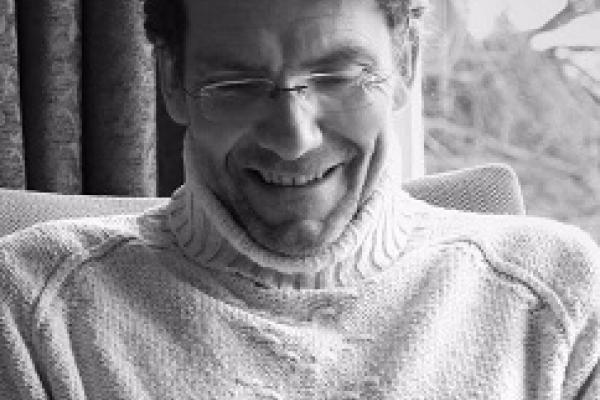
You may access a recording of this event through our Mediasite platform.
Abstract: Wood has been the primary technological material for almost all of human history. But compared to ceramics, stone and metals it is barely visible to archaeologists. A limited range of surviving artefacts, backed by careful use of ethnographic study, allow us to posit key developments in human/wood ecologies. But to construct a coherent narrative of what one might call the Long Wood Age, to render visible that which is invisible, requires creativity in physical and intellectual experimentation. In this paper Max Adams, who is both an archaeologist and a woodsman, explores some lines of enquiry.
Bio: Max Adams is a critically-acclaimed author and biographer, an archaeologist, traveler and writing coach. His journeys through the landscapes of the past and the present, of human geography, music, art and culture are a continuing source of inspiration in his writing.
Born in 1961 in London, he was educated at the University of York, where he read archaeology. After a professional career which included the notorious excavations at Christchurch Spitalfields, and several years as Director of Archaeological Services at Durham University, Max went to live in a 40-acre woodland in County Durham for three years.
Max continues to manage woodland, and still lives on the north-west edge of County Durham, in a slightly more conventional dwelling. Max is also a musician, playing drums, harmonicas, Appalachian dulcimer and low-key whistle.
Captioning will be provided for this event. If you require other accommodation to participate, please contact cmrs@osu.edu. Requests made by about 10 days before the event will generally allow us to provide seamless access, but the university will make every effort to meet requests made after this date.
